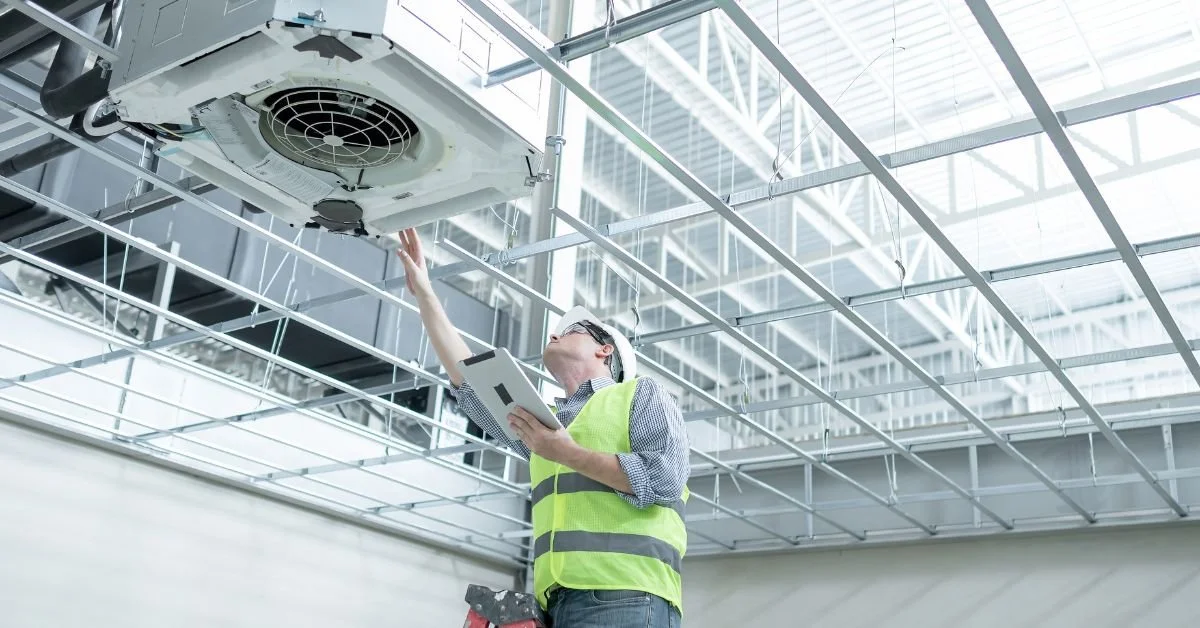Maximizing Your Pool's Lifespan: How to Keep Your Investment in Top Condition
Swimming pools are a luxurious addition to any home, offering a refreshing escape from the summer heat and a place for relaxation and exercise. However, owning a pool comes with the responsibility of proper maintenance to ensure its longevity and functionality. Neglecting a pool's upkeep can result in costly repairs and even the need for a complete overhaul. To avoid these issues and keep your investment in top condition, it is important to follow the essential maintenance tips below.
Regular Cleaning
Regular cleaning is an essential aspect of pool maintenance that should not be overlooked. Debris, dirt, and algae can accumulate in your pool over time, leading to discoloration, staining, and murky water. To prevent these issues, it is crucial to clean your pool regularly whether you clean it yourself or hire someone from a company like Premier Pool Service to service and help maintain your pool. Cleaning your pool involves skimming the water's surface to remove leaves and other debris, brushing the walls and floor to dislodge any buildup, and vacuuming the pool to remove dirt and debris that have settled to the bottom. Make sure to check the skimmer baskets at least once a week, particularly during the summer months, because they can become filled with debris and require cleaning to ensure that they continue to function correctly. Regular cleaning not only keeps your pool looking pristine but also prevents the growth of harmful bacteria and ensures that your pool is safe and healthy to swim in.
Maintain Chemical Balance
Maintaining the proper chemical balance in your pool is crucial to ensure it remains healthy and safe to use. The pH, chlorine, and alkalinity levels must be kept within the appropriate range to prevent issues such as algae growth, skin irritation, and cloudy water. It is recommended to test the pool water regularly using a testing kit to determine the chemical levels. The pH level should be maintained between 7.2 and 7.8, while the chlorine level should be between 1 and 3 ppm (parts per million). Additionally, the alkalinity level should be between 80 and 120 ppm to prevent the water from becoming too acidic or basic. To maintain a good chemical balance in a pool, the team at Presidential Pools suggests installing a salt cell in the chlorinator to produce a steady flow of chlorine, without the need to store and handle the chemical itself (which can cause skin and eye irritation, and inhaling it can irritate the nose and throat, leading to coughing, wheezing, and shortness of breath).
Use A Cover
Using a pool cover when your pool is not in use is an effective way to protect it from debris, dirt, and other contaminants. It can also help reduce water loss through evaporation, which can save you money on water and chemical costs. Pool covers come in various styles and materials, including solid, mesh, and solar covers. Solid covers are the most effective at keeping debris and contaminants out of the pool, while solar covers can help raise the water temperature by trapping the sun's heat. Regardless of the type of pool cover you choose, using one can help prolong the life of your pool by reducing the need for excessive cleaning and chemical treatments.
Frequent Maintenance
Proper maintenance is essential to ensure the longevity of your pool and its equipment. Regular maintenance involves checking the filter, pump, and other equipment to ensure they are functioning correctly. The filter should be cleaned or replaced as needed to prevent clogging and ensure proper water circulation. The pump and other equipment should also be inspected regularly to ensure they are working correctly and not in need of repair or replacement. To make this process easier, consider hiring a company like Pinnacle Pool Service for regular maintenance. Their professional services can prevent small issues from becoming more significant problems that require costly repairs or replacements.
Keep An Eye On Water Levels
Monitoring water levels in your pool is crucial to prevent damage to the pool's structure and equipment. If the water level is too low, the pump may run dry, leading to damage or even burnout. On the other hand, if the water level is too high, it can put a strain on the pool's structure and cause damage over time. It is important to maintain the water level at the appropriate level, typically halfway up the skimmer opening. Additionally, if you notice any cracks or damage to your pool's structure, it is essential to address the issue promptly. In some cases, a drop in water level could indicate a hidden issue that might require the expertise of professional pool leak detection services. By identifying and fixing leaks, you can ensure your pool remains efficient, minimizing unnecessary water loss and protecting your investment. Small repairs can prevent more significant problems and save you money in the long run, but delaying repairs can lead to more extensive damage that may require costly repairs or even pool replacement.
Prepare For The Winter
As well as the above steps, there are some extra precautions you should take when preparing your pool for the off-season. In general, it is not recommended to drain your pool completely for the winter. Draining your home’s pool can cause damage to the pool's structure if the ground shifts, and it can also lead to problems with the liner or other pool components; instead, you need to lower the water level to below the skimmer opening to prevent freezing damage. You should also drain the pump, filter, heater, and any other equipment and store them in a dry, protected location. Finally, you should ensure your pool cover is winter-ready and secured well. If you have any concerns about winterizing your pool, it is always best to consult with a professional pool service to ensure that your pool is properly prepared for the winter months.
In conclusion, maintaining your pool is essential to ensure its longevity, performance, and safety. Regular cleaning, maintaining proper chemical balance, using a pool cover, performing proper maintenance, monitoring water levels, and addressing repairs promptly are all critical aspects of pool maintenance. By following these tips, you can help prevent damage to your pool and its equipment, ensure that the water remains clear and healthy, and extend the life of your pool. Check out teakisle.com to make your ideas reality. If you are not sure how to properly maintain your pool, it is always best to consult with a professional pool service to ensure that your pool remains in excellent condition and ready to use for many years to come.












